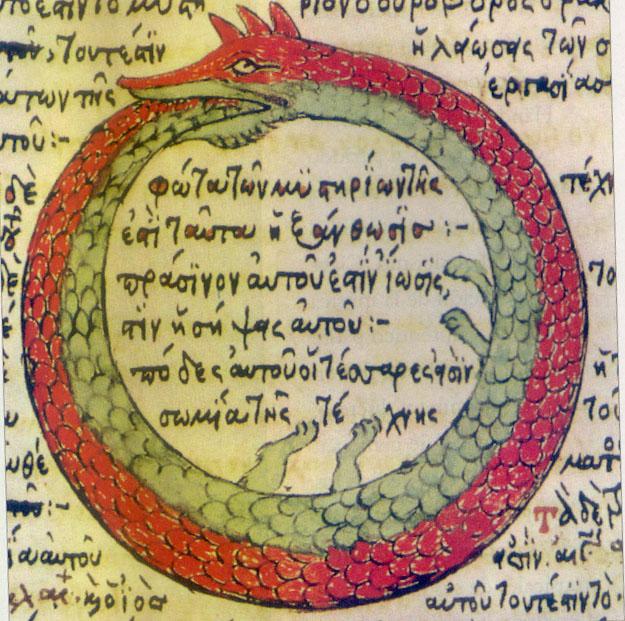Disease is as ancient as the first man’s morning breath and twice as foul.
Since time immemorial, we’ve been scratching our heads, trying to make sense of why our bodies betray us with such gleeful regularity.

Disease is as ancient as the first man’s morning breath and twice as foul.
Since time immemorial, we’ve been scratching our heads, trying to make sense of why our bodies betray us with such gleeful regularity.